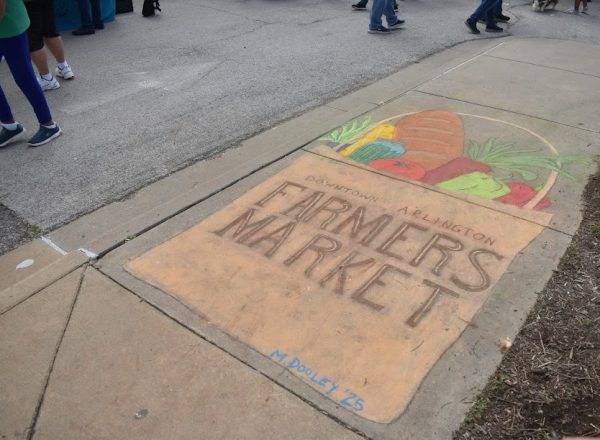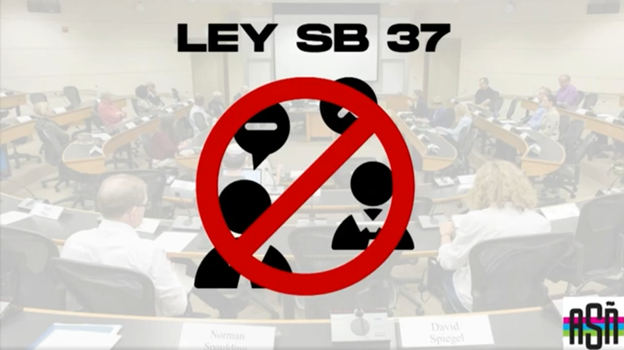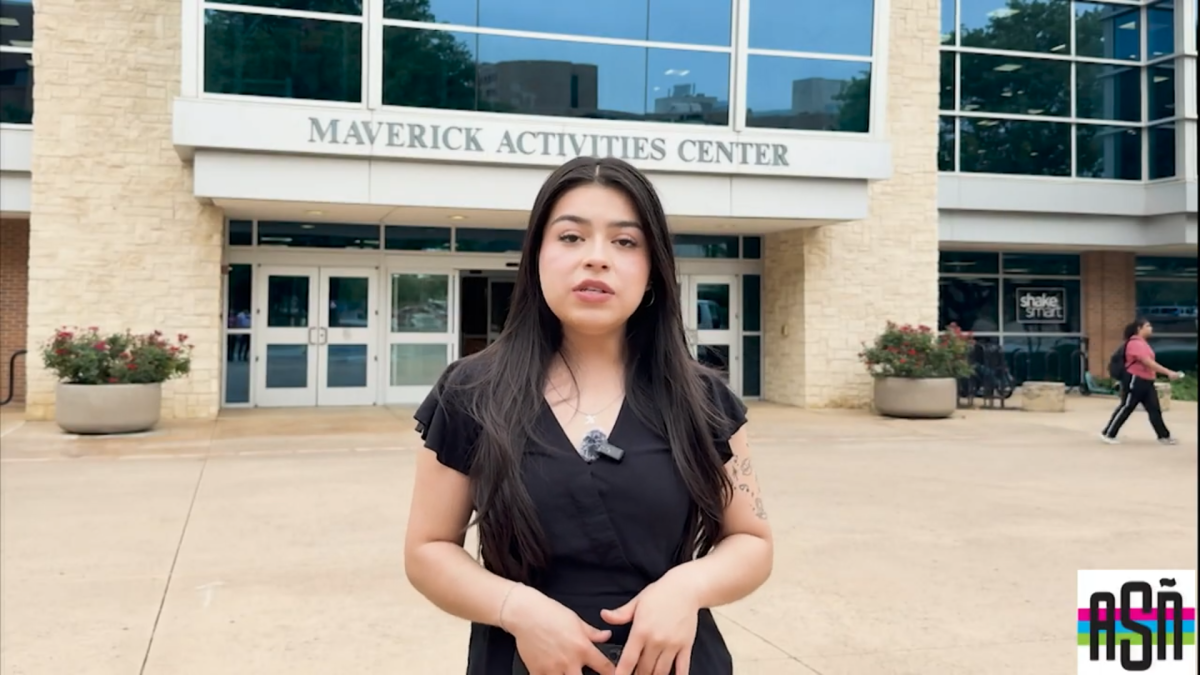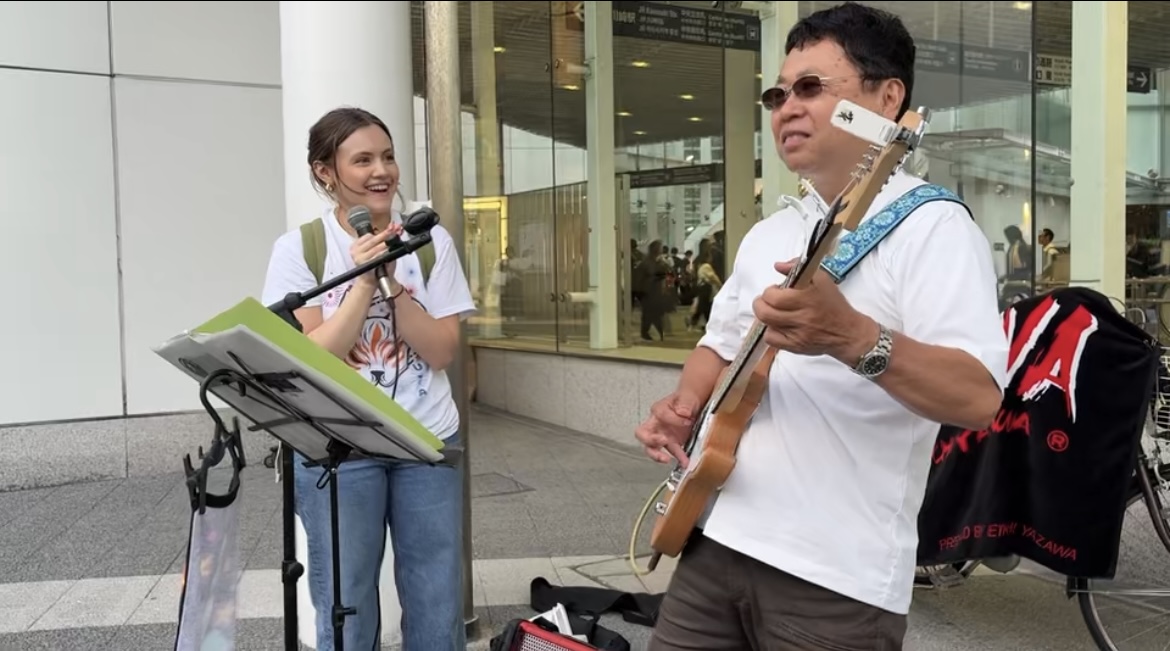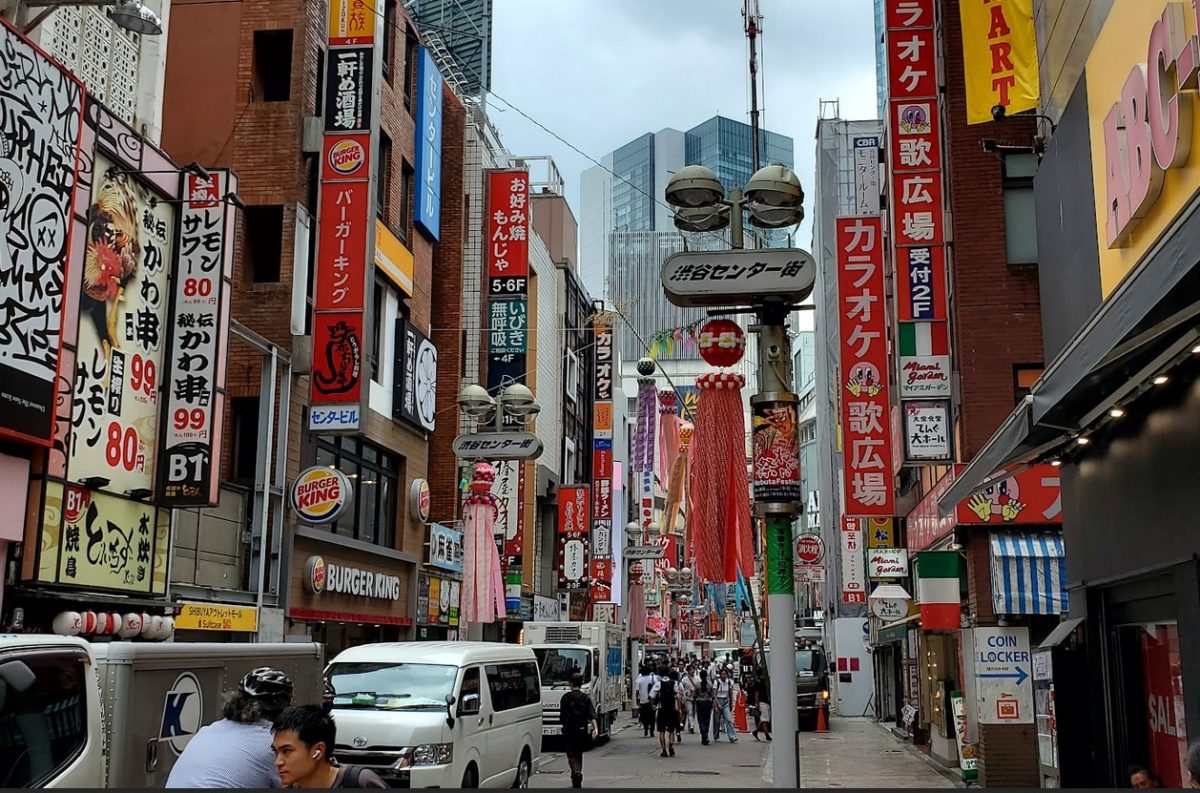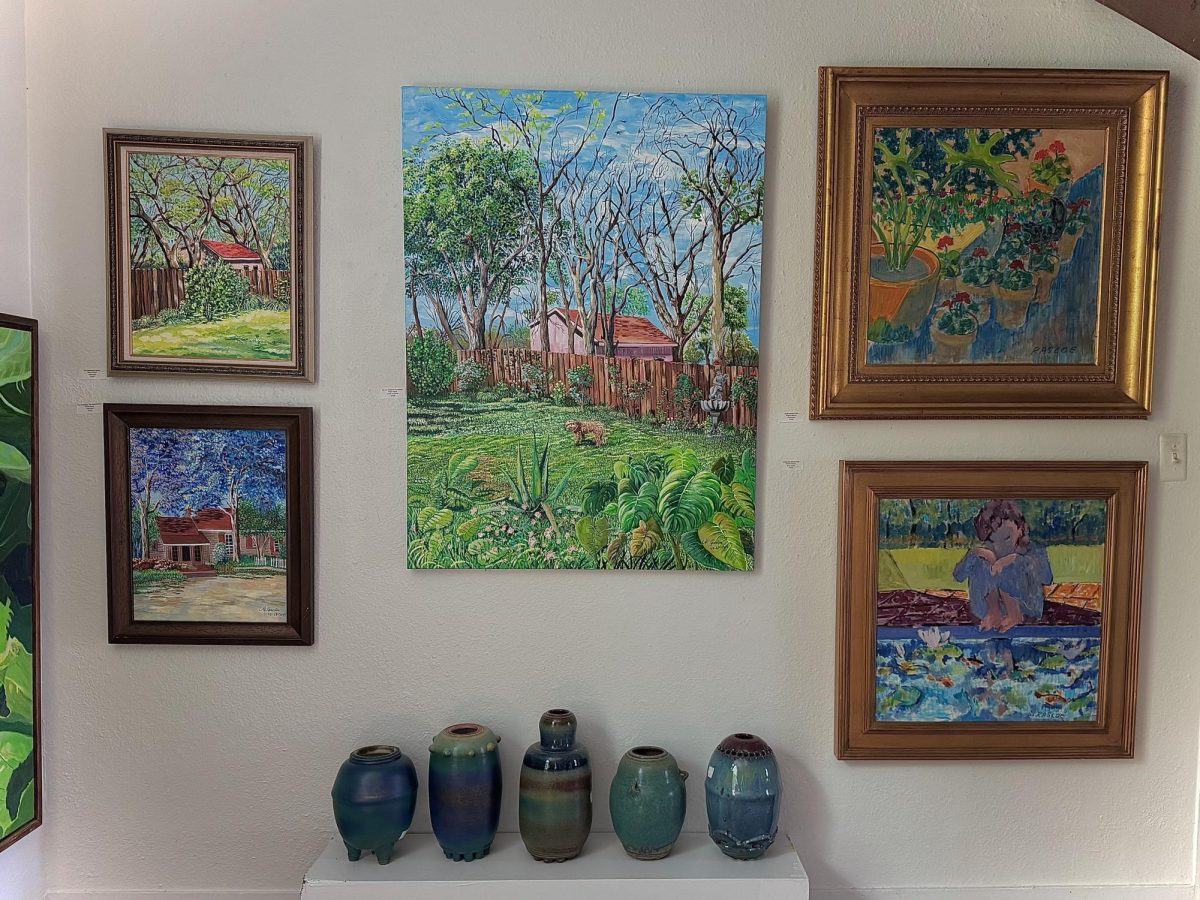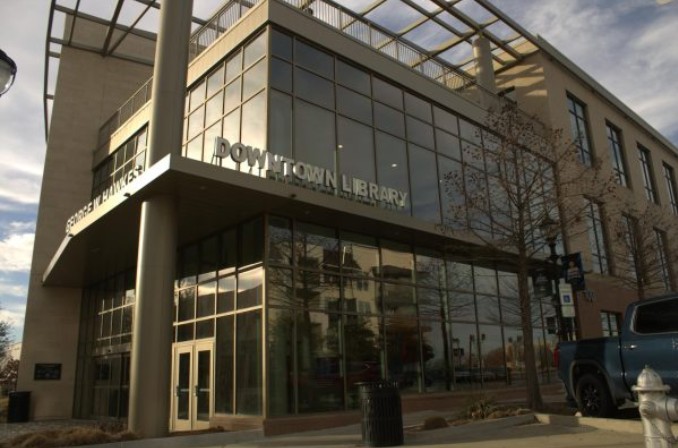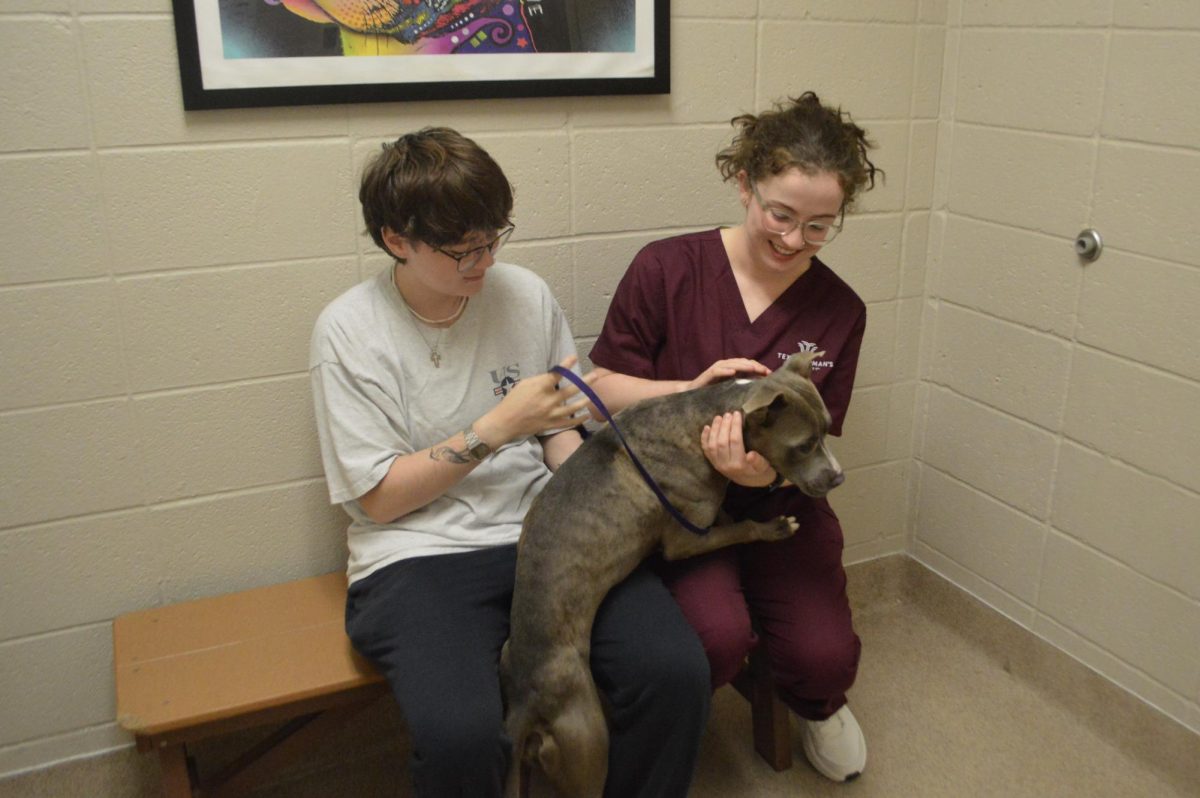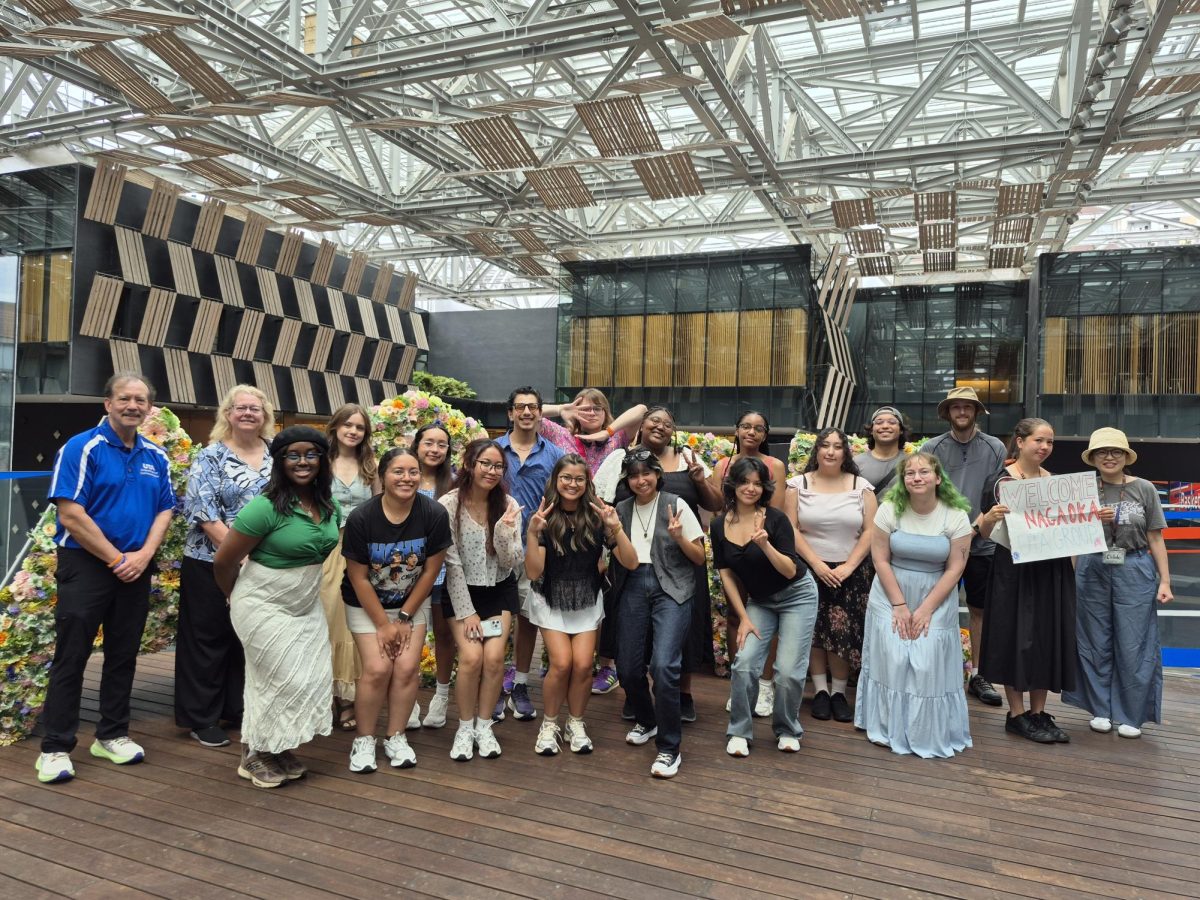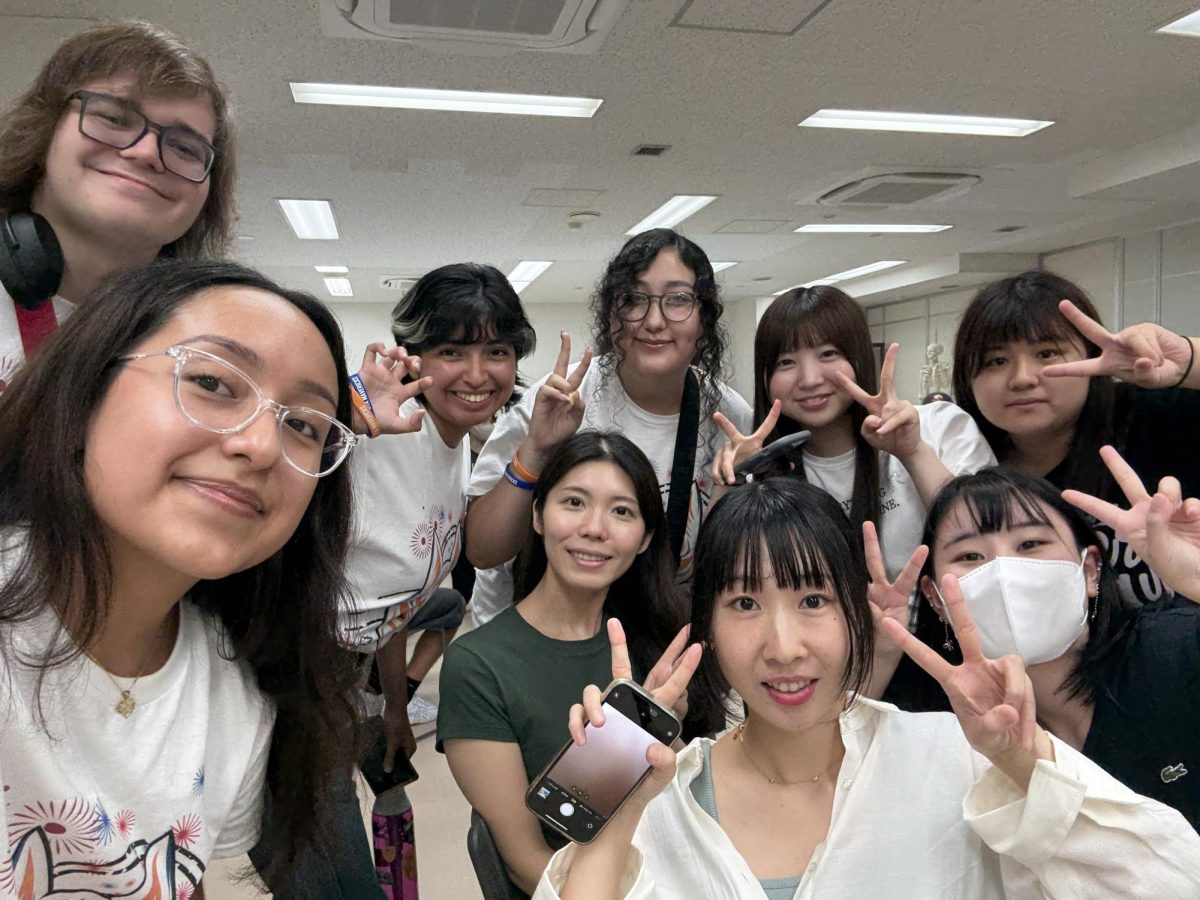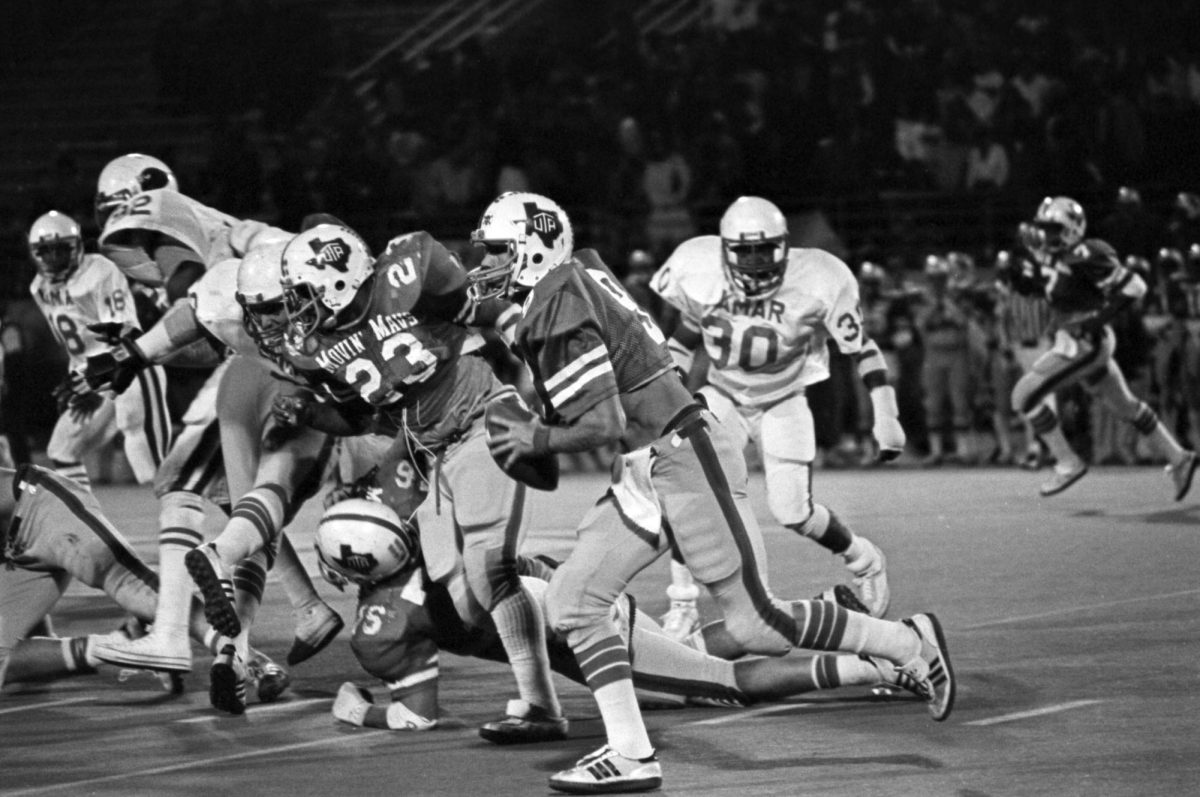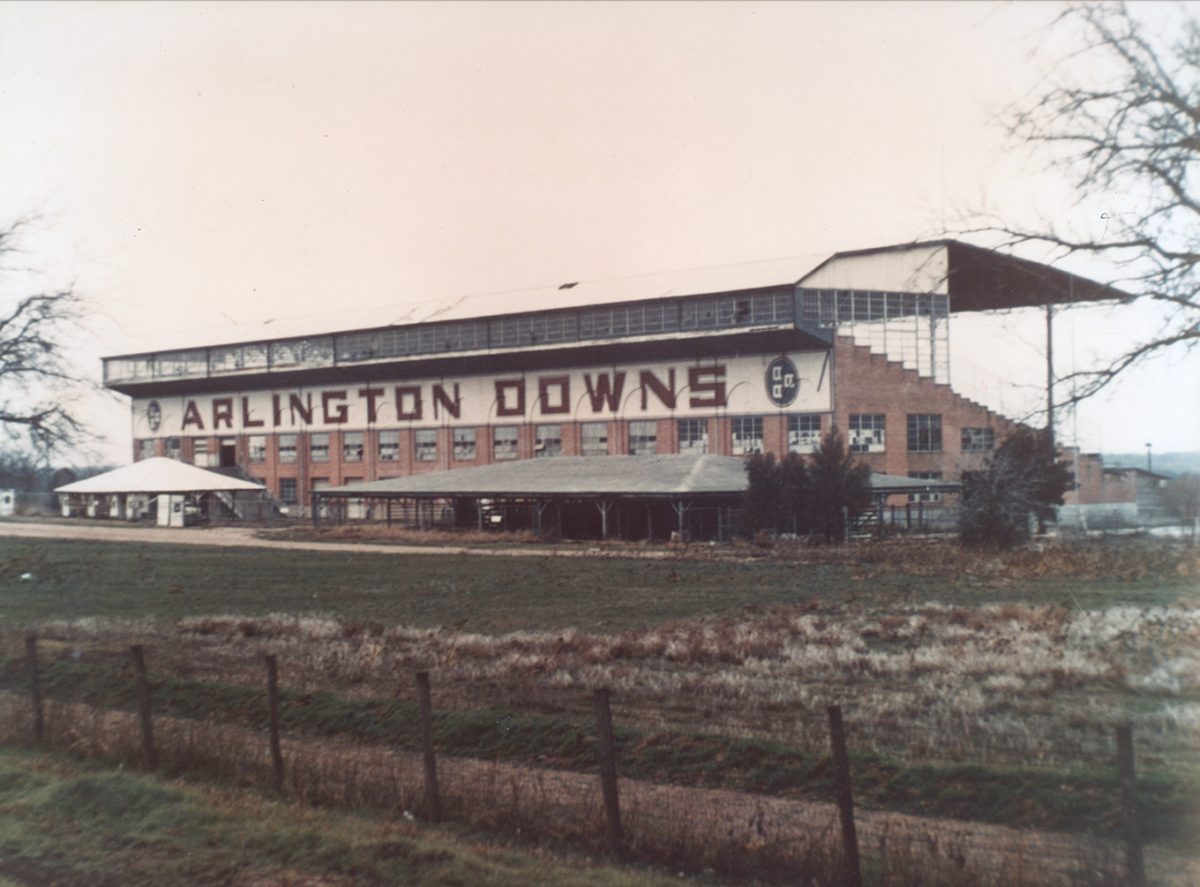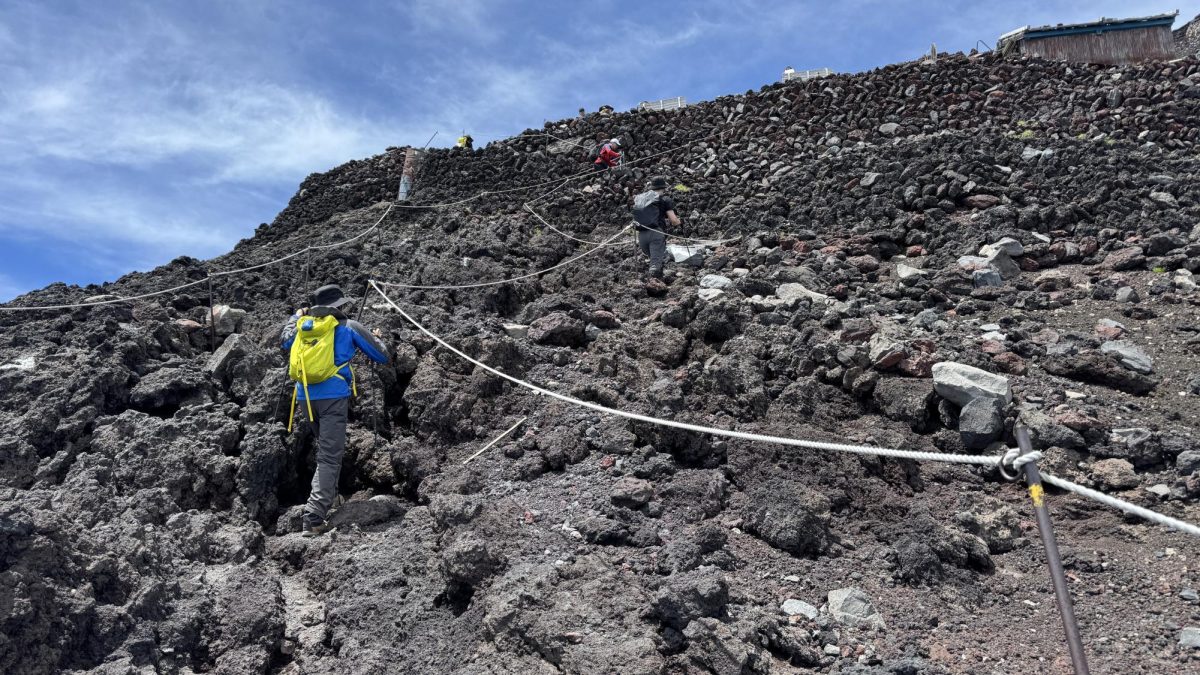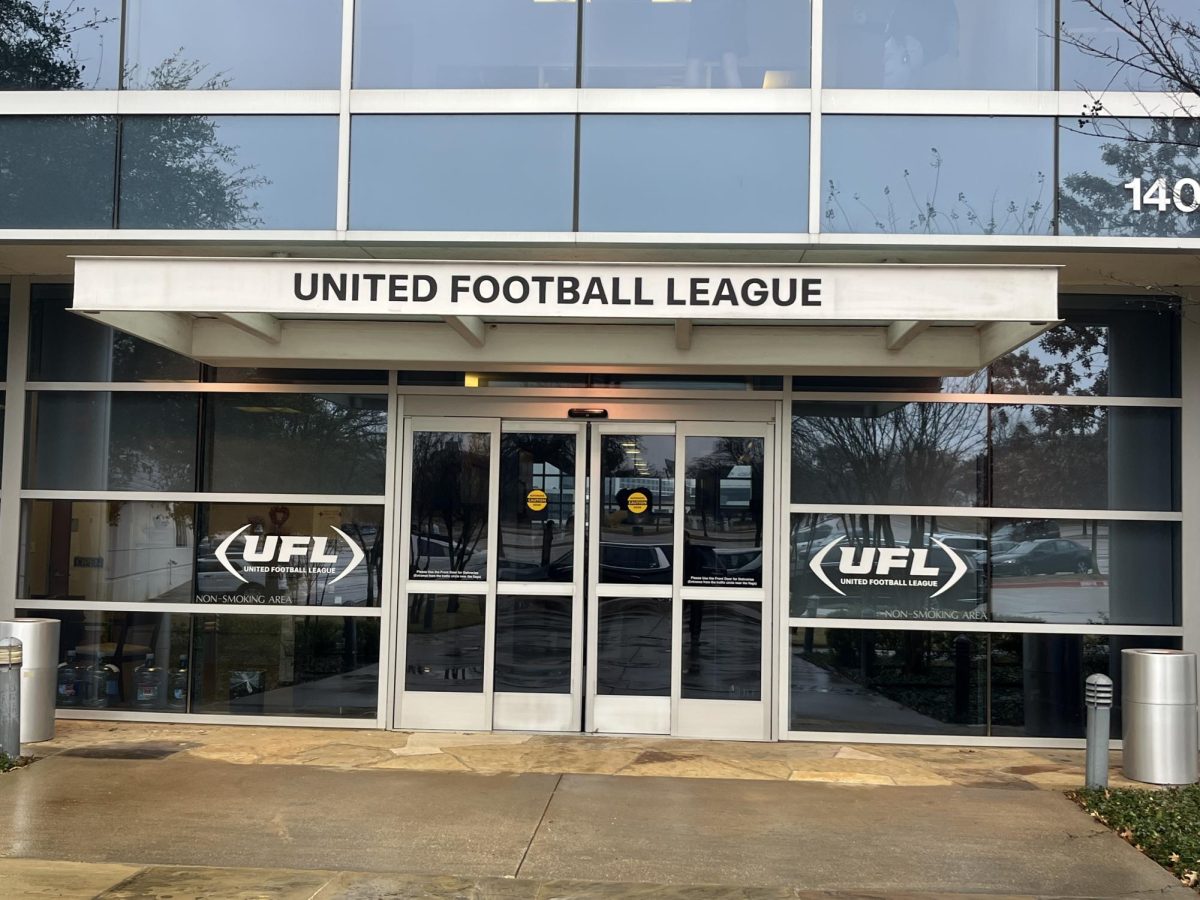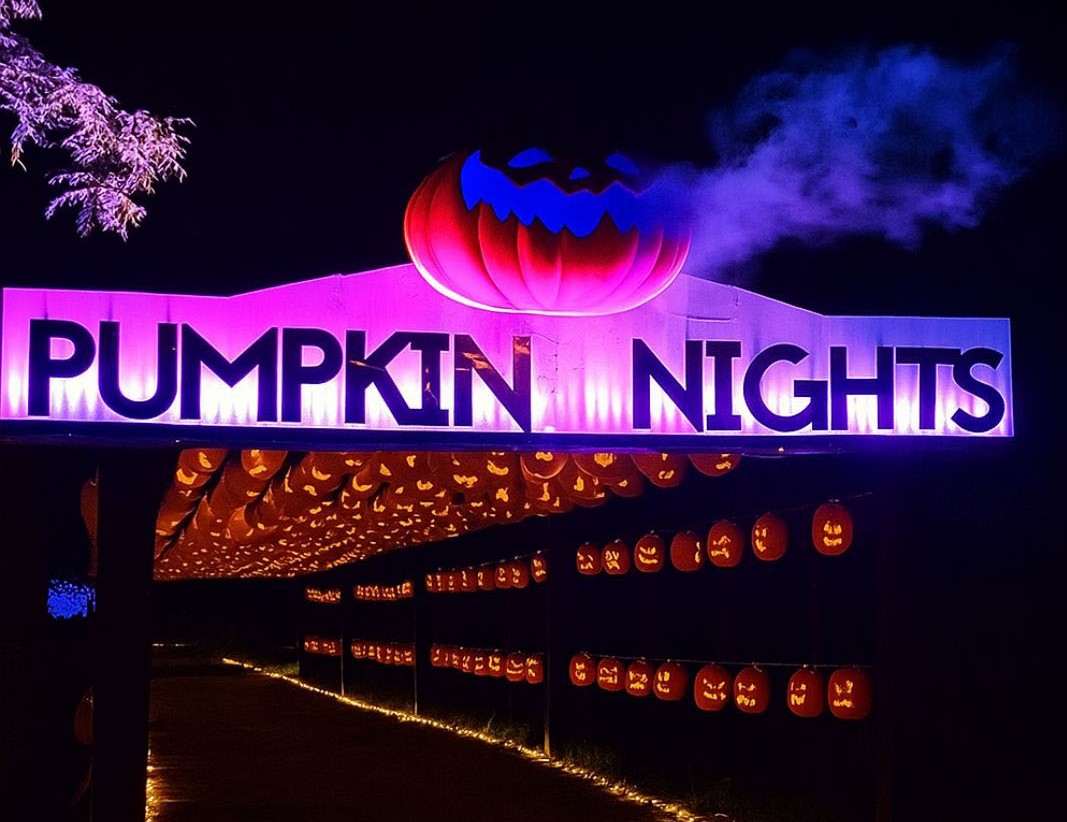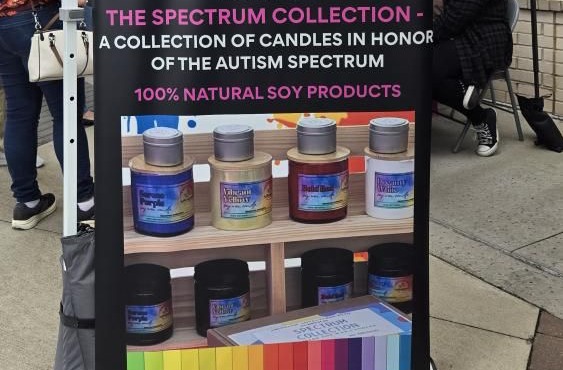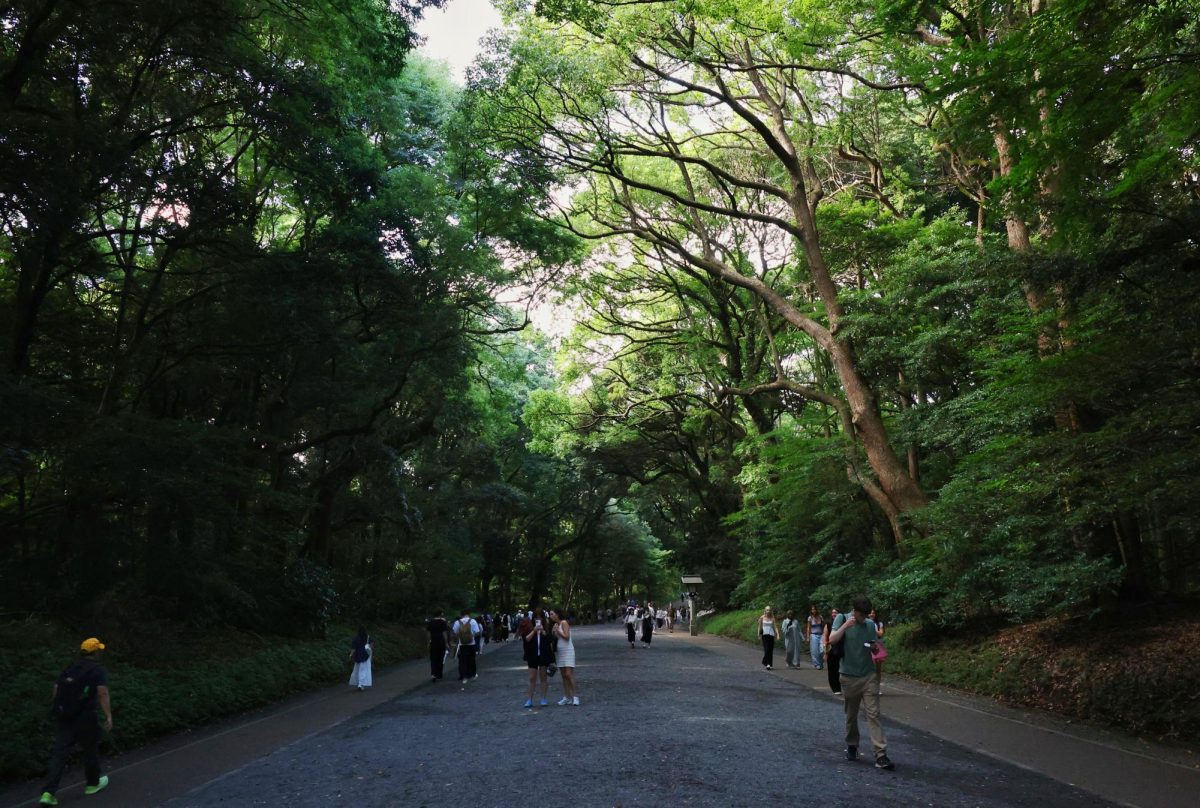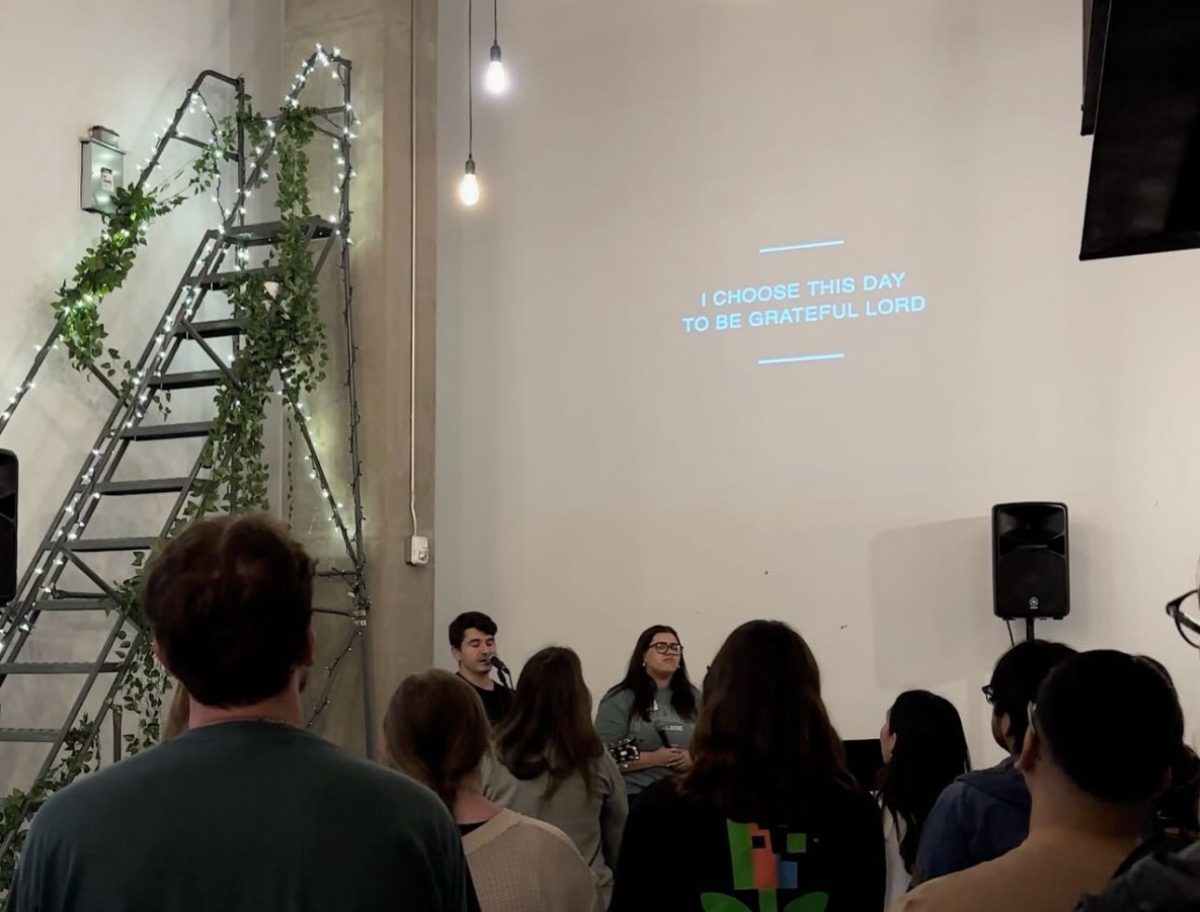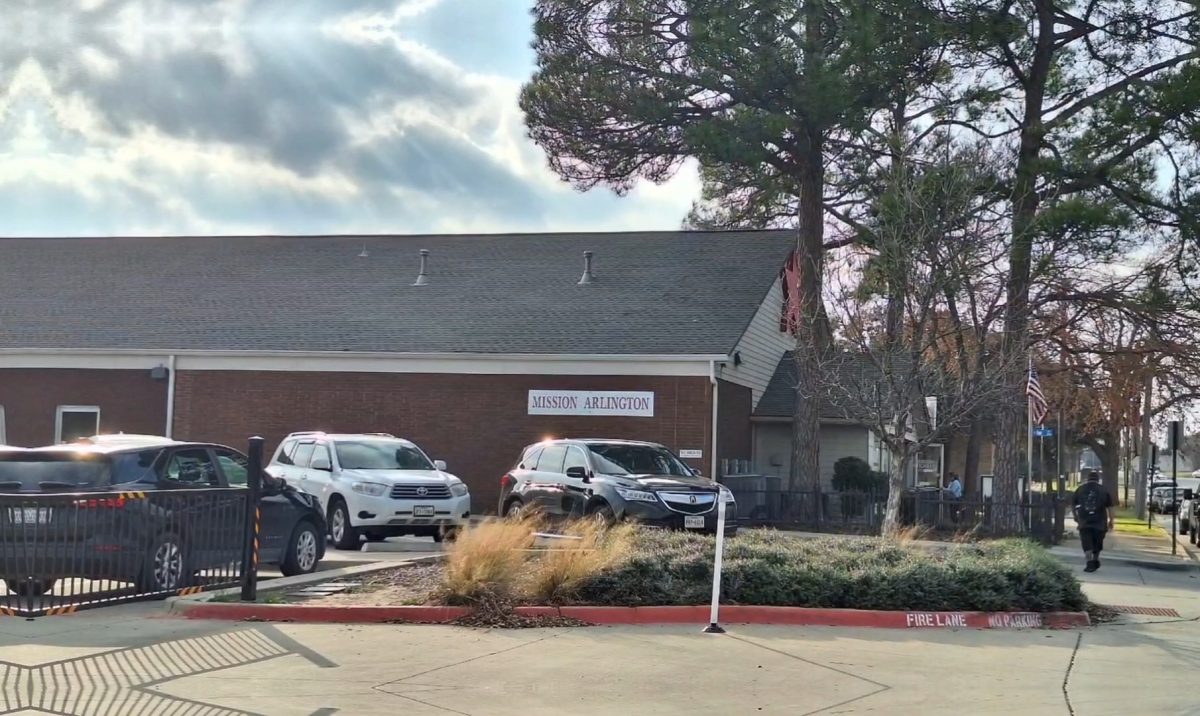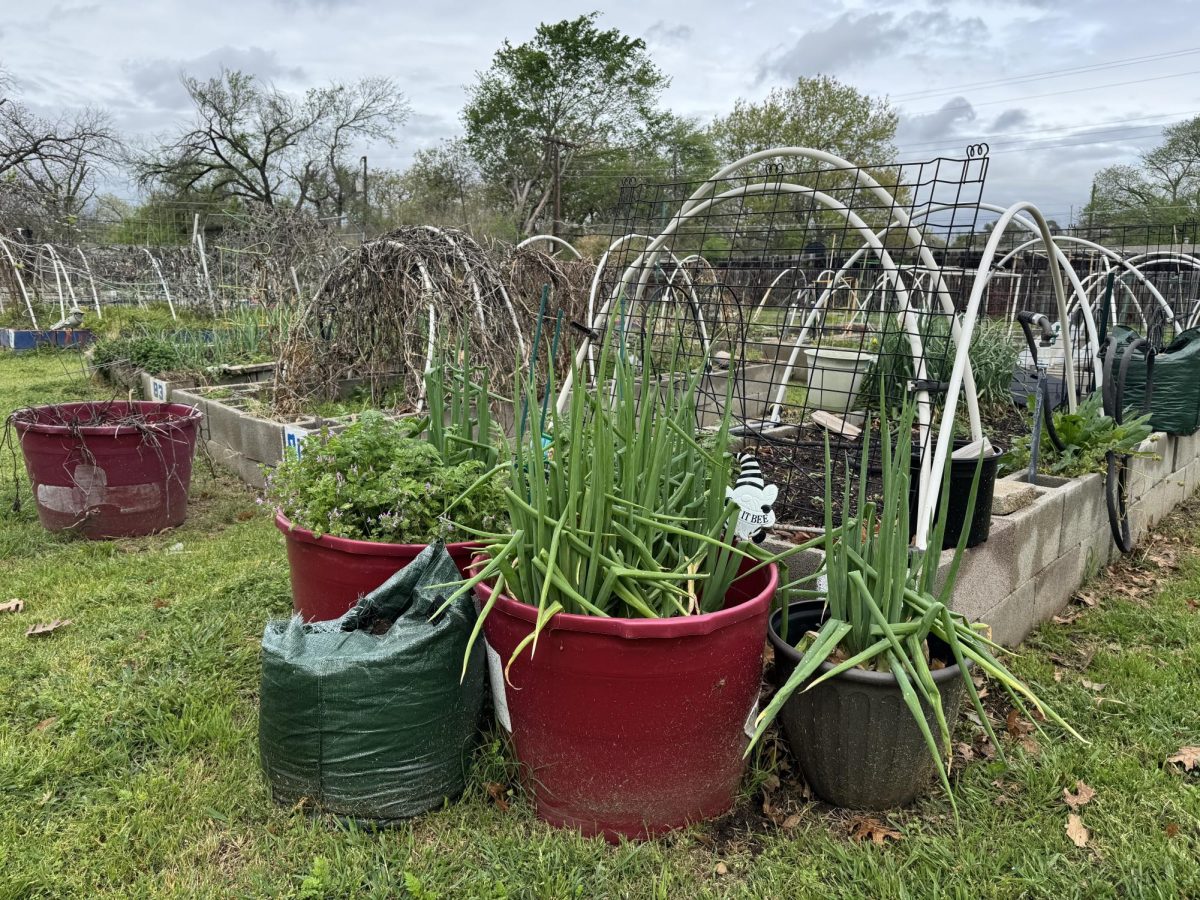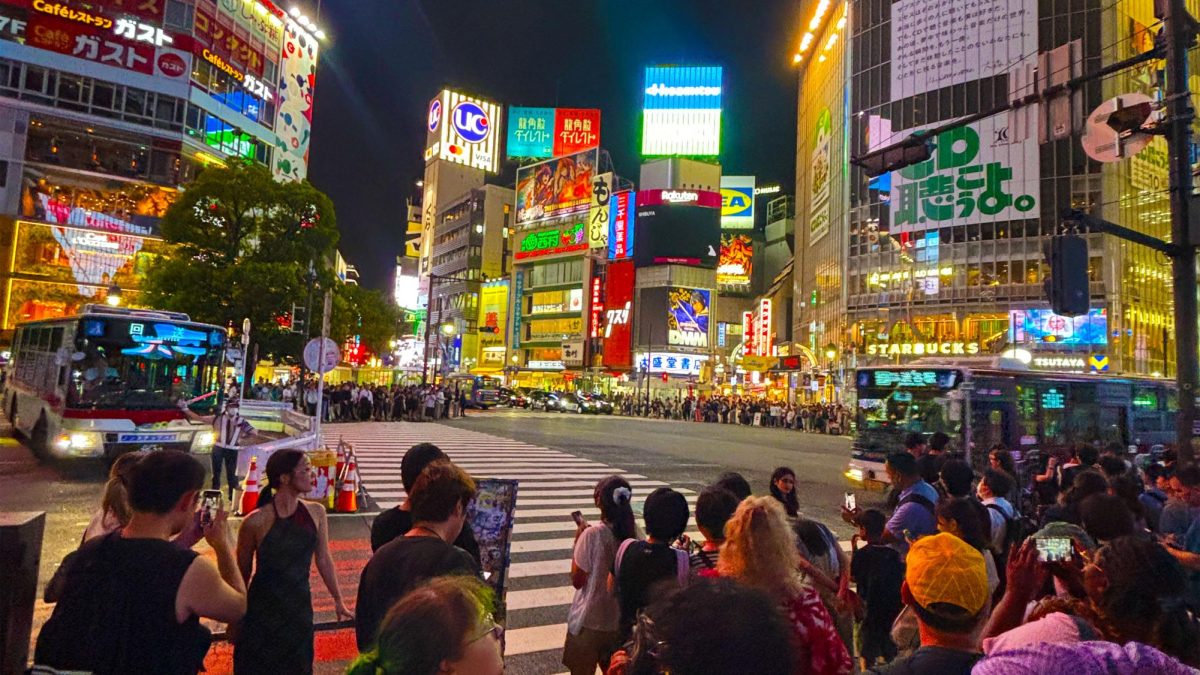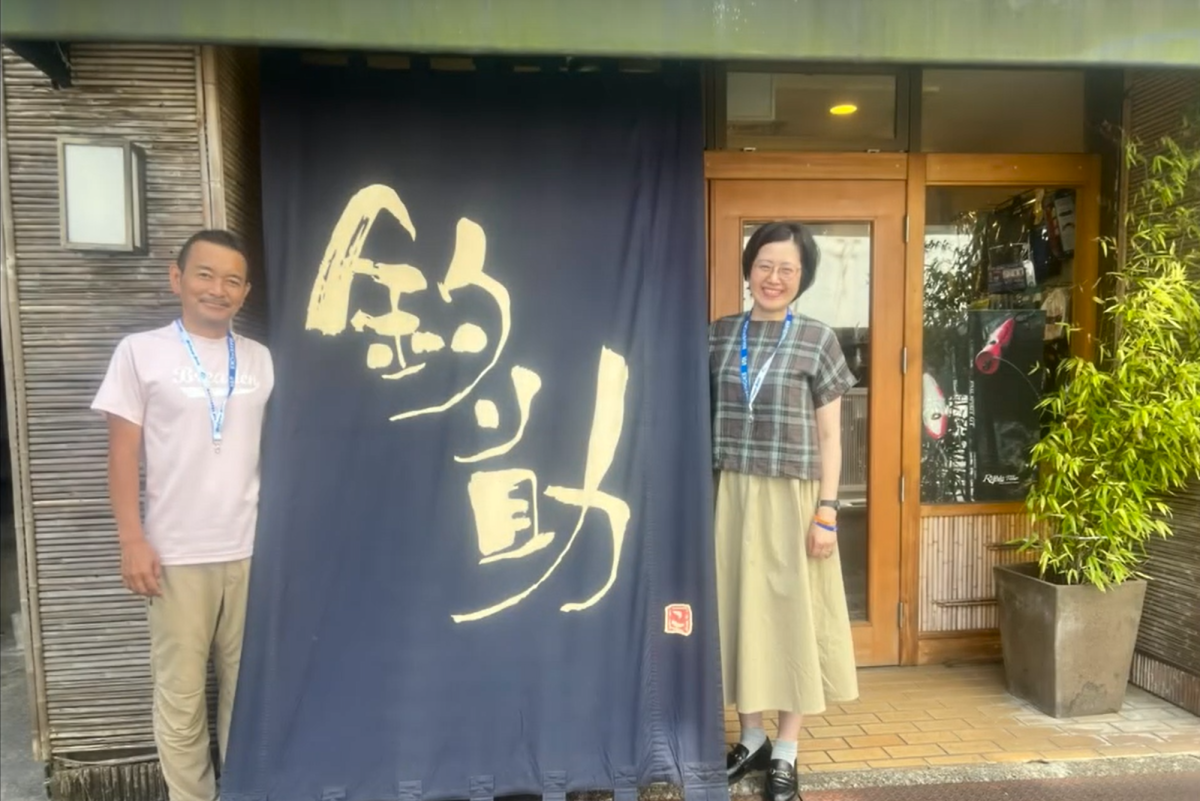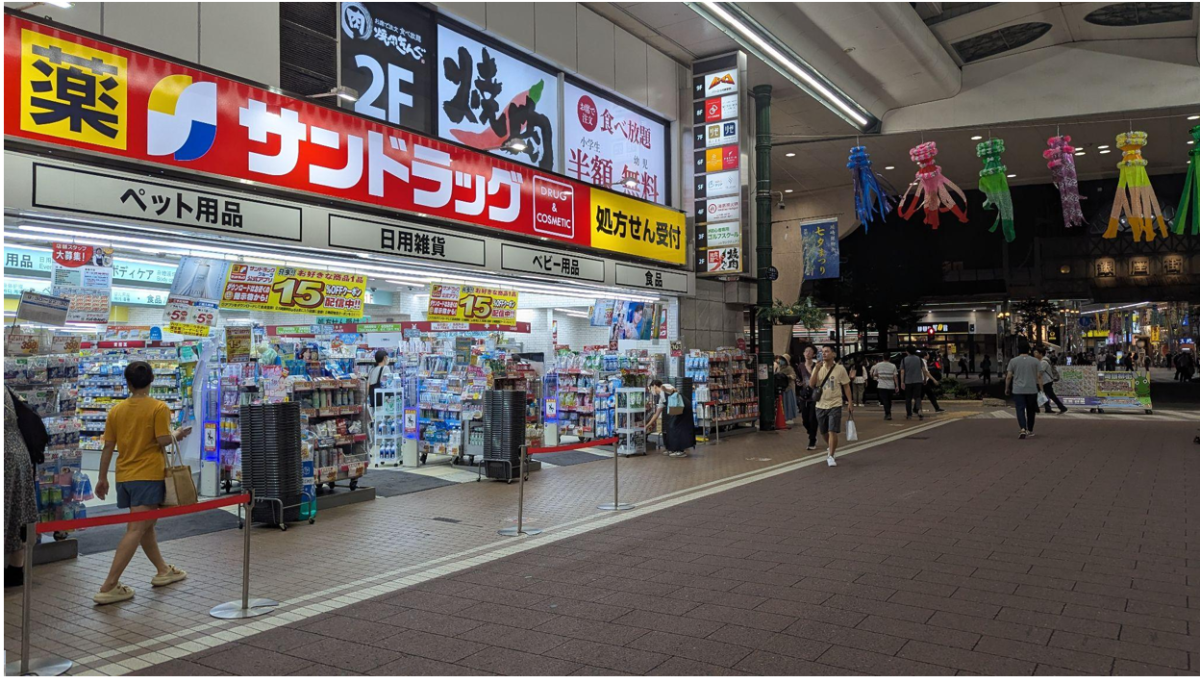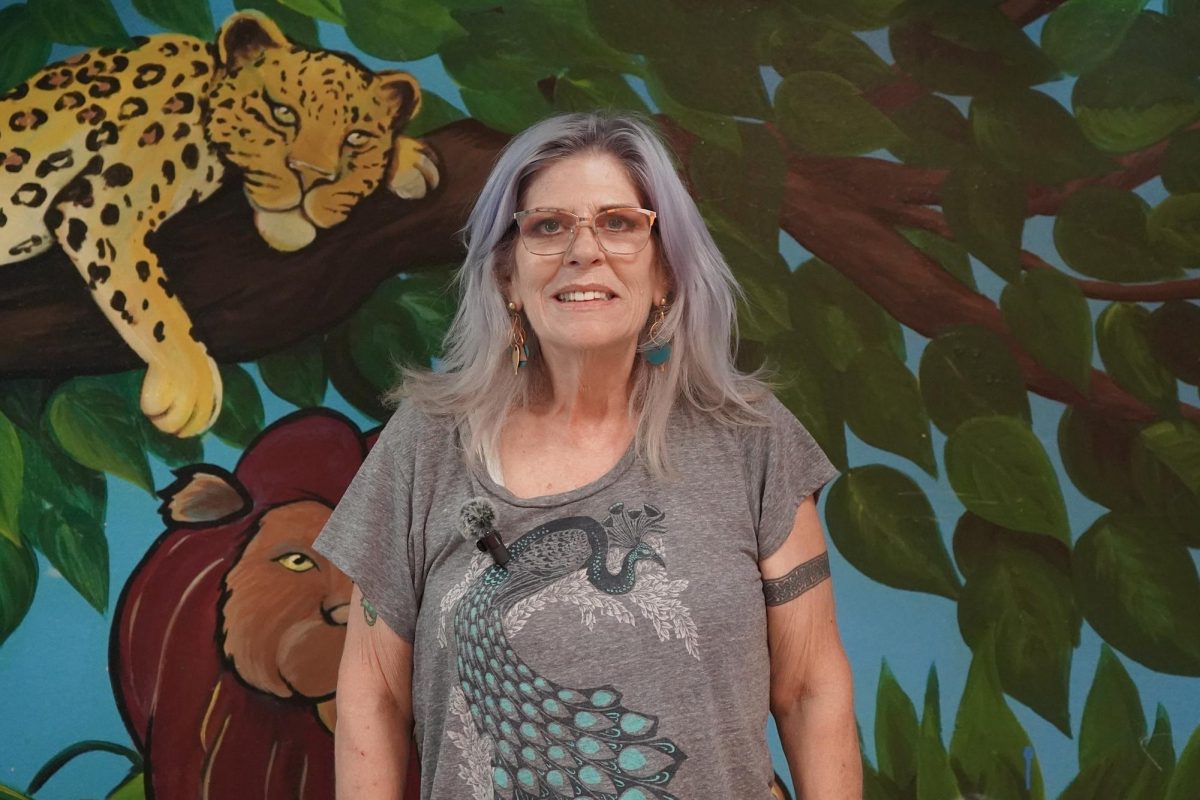ARLINGTON, Texas—After years of deliberation and community interest, Arlington finally has a new farmers market located at the intersection of Front and Center streets in downtown.
The first market of the year was on March 29, and the market is scheduled to operate every Saturday until the end of November. The market’s ordinary hours are from 10 a.m. to 2 p.m., but from June through the end of September, the market is scheduled to operate between 9 a.m. and 1 p.m.
On offer are locally farmed produce and meat, freshly baked breads and artisanal goods like homemade soaps, candles, jewelry and sweets. Some vendors even sell onsite cooked meals for market goers who get hungry while perusing.
Supporting local businesses
“Most of the vendors that you find at the farmers markets in each of the cities are going to be residents of that city or close to, and they’re also going to be spending their money in the local economy,” Abby Rudolph, market director of Four Seasons, said. “It’s really nice to know that your money’s going to a small business, that this is their livelihood, this is your neighbors that you’re helping keep the food on their table as well.”
The market—a collaboration between Arlington, the Downtown Arlington Management Corp. and Four Seasons Markets—comes with potential economic and health benefits for downtown and its surrounding communities.
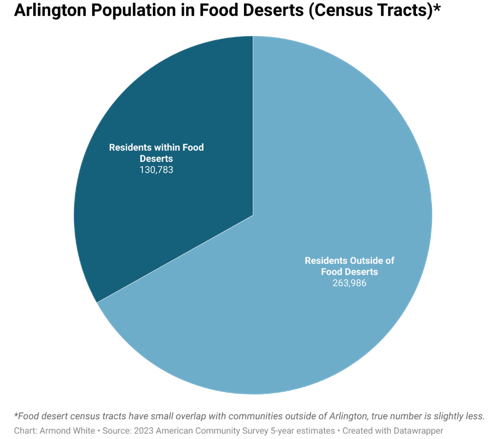
“A farmers market can really serve a district like this where you have a mix of residents living in a walkable area that may or may not have access to fresh food,” Maggie Campbell, president and CEO of Downtown Arlington, said. “Some of the neighborhoods that are closest to downtown are actually food deserts, [and] a farmer’s market can do a number of things to meet [the] needs for access to fresh produce.”
Food deserts prevalent in Arlington
Food deserts, defined by the U.S. Department of Agriculture as low-income census tracts where a large number of residents (at least 500 and/or 33% of the tract’s population) live more than a half-mile (in urban areas) or 10 miles (in rural areas) away from a large grocery store, are relatively common in Tarrant County. According to the 2022 Tarrant County Community Health Assessment, 15% of Tarrant County residents live within food deserts.
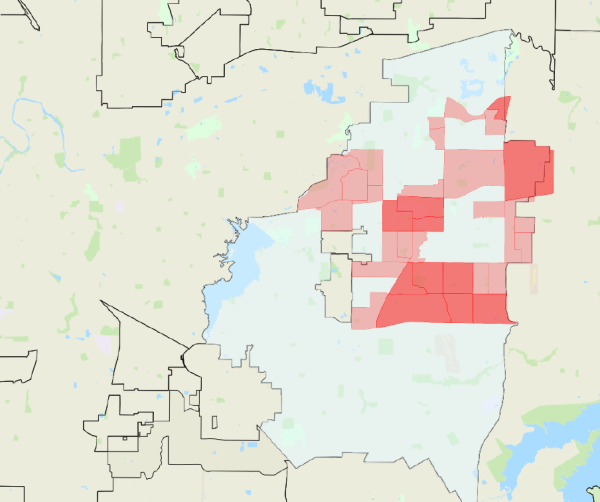
In Arlington, it’s a third.
Some tracts have even less access. Around 1 in every 7 Arlington residents live in a food desert census tract characterized by having a significant number or share that are one mile away from a large grocery store, rather than the one-half mile minimum category. Some of these tracts have 100 or more households that don’t own a vehicle, isolating them ever more from quality produce.
While a census tract may not be representative of every resident’s living situation, the food deserts still represent a concerning number of people who lack access to fresh, healthy foods.
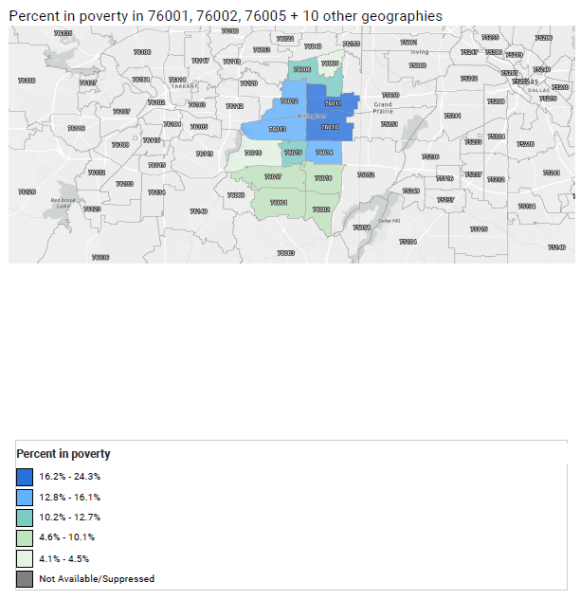
Arlington market fills a need
The Downtown Arlington Farmers Market is located right at the border of a one-half mile urban food desert and a one-mile urban food desert, making it a prime location for downtown residents seeking foodstuffs. That’s especially so as growing seasons for more varieties of produce come and go.
“Right now, there’s not [as much] fresh produce available; we haven’t hit the growing season for a lot of product,” Campbell said. “But I think you’ll see the more robust offerings of things coming to market and being ready to be harvested in May and June. And then when you get into July, of course we’ll have the melon season, so you’ll see that change of produce with the change of seasons.”
The market is not a permanent solution for its food desert communities. It runs for a limited time in the morning, once a week, for nine months out of the year—significantly less accessibility in a given timespan than a typical grocery store. But it can be a steppingstone. The crowds on the market’s first day stand as confirmation that downtown Arlington, and all other Arlington food deserts, need a permanent, accessible grocery store that is large enough to support its community.
For now, people in and around downtown can shop at the market, meet fellow community members and support their neighbors.
